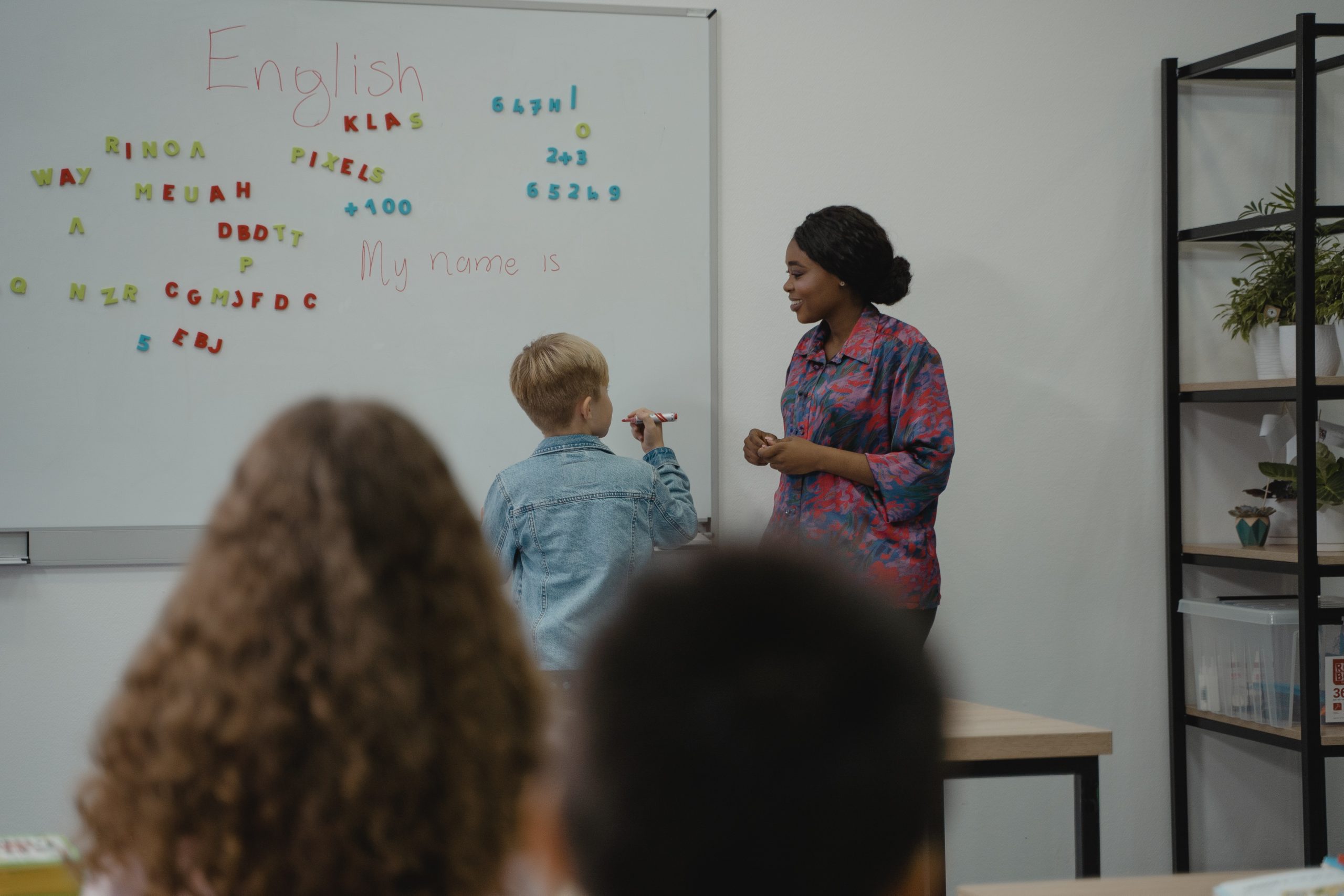 The first nine weeks of school are coming to an end, which means one thing: parent-teacher conferences! Parent-teacher conferences fill many parents with worry as they wonder what bad news they’re going to receive from their child’s teacher. Some may feel dread because they have absolutely no clue what to say, do, or ask in this intimate one-on-one meeting. Others may feel a sense of relief at finally getting to have a private conversation with the person their child spends a majority of their time with.
The first nine weeks of school are coming to an end, which means one thing: parent-teacher conferences! Parent-teacher conferences fill many parents with worry as they wonder what bad news they’re going to receive from their child’s teacher. Some may feel dread because they have absolutely no clue what to say, do, or ask in this intimate one-on-one meeting. Others may feel a sense of relief at finally getting to have a private conversation with the person their child spends a majority of their time with.
Regardless of your feelings towards parent-teacher conferences, there are five big tips that will help you be prepared and confident for this year’s conferences:
Be Specific With Your Concerns
If you have any concerns with your child’s academic or social emotional progress, whether in or outside of school, don’t hesitate to bring it up to your child’s teacher. Additionally, if there are any issues going on with your student outside of the classroom, it is always helpful to inform your child’s teacher. Whether it’s relationship issues, medical situations, or specific learning concerns, it’s important to keep your child’s teacher in the loop. Getting to know the “whole picture” of the child can help teachers better teach each student. This can also help them learn the best ways to communicate and interact with your child.
Clarify Teacher Lingo
I am guilty of this, but teachers throw around so many acronyms and teacher-talk that it becomes second nature to us. Oftentimes, we forget to slow down and explain terms that would be unfamiliar to anyone outside of the education field. These aren’t terms and phrases that you should necessarily know, but it’s not uncommon for teachers to speak as if you are already familiar with these words. Don’t get swept away in this foreign language; instead, ask the teacher what things mean as soon as he or she talks about them. This will help you to fully understand the concepts and concerns being thrown your way.
Be A Team
Ask your child’s teacher for specific ways in which you can partner with their learning at home. Are there any school-specific vocabulary you should be incorporating at home in order to create more consistency for your child? What standards is your student struggling with at school that you could address at home? Are there any ways in which you could help the teacher in the classroom to better help your student?
Be Prepared To Schedule A Follow-up Meeting
Oftentimes, teachers are required to attempt to meet with every student’s parents. For a teacher with 20-30 students, that is a lot of parents to meet with in one afternoon. Because of this, teachers are limited to the amount of time they can meet with parents, so it’s very helpful to come prepared with a list of questions, but also to be prepared to make a follow-up meeting if your time runs out. Being mindful of teachers’ time slots shows them that you are respectful of their time as well.
Be Open-minded
Parent-teacher conferences are just as helpful for teachers who gain insight on their students, as they are for parents who hear about their student’s progress. However, it is easy for parents to become defensive over their children when they hear information contradicting what they expect. It’s extremely difficult for teachers to share students’ struggles, so these conversations are not comfortable or easy to have. As a parent, I’ve been surprised — both pleasantly and not — to hear of how my child acts differently in class. Similarly, I have had several parents who are shocked to hear that their child’s behavior and abilities are drastically different at home and school. It’s easy as a parent to find something or someone to blame for this, but it can be as simple as the student being distracted, excited, encouraged, or various other reasons.





















These are great tips!
Comments are closed.